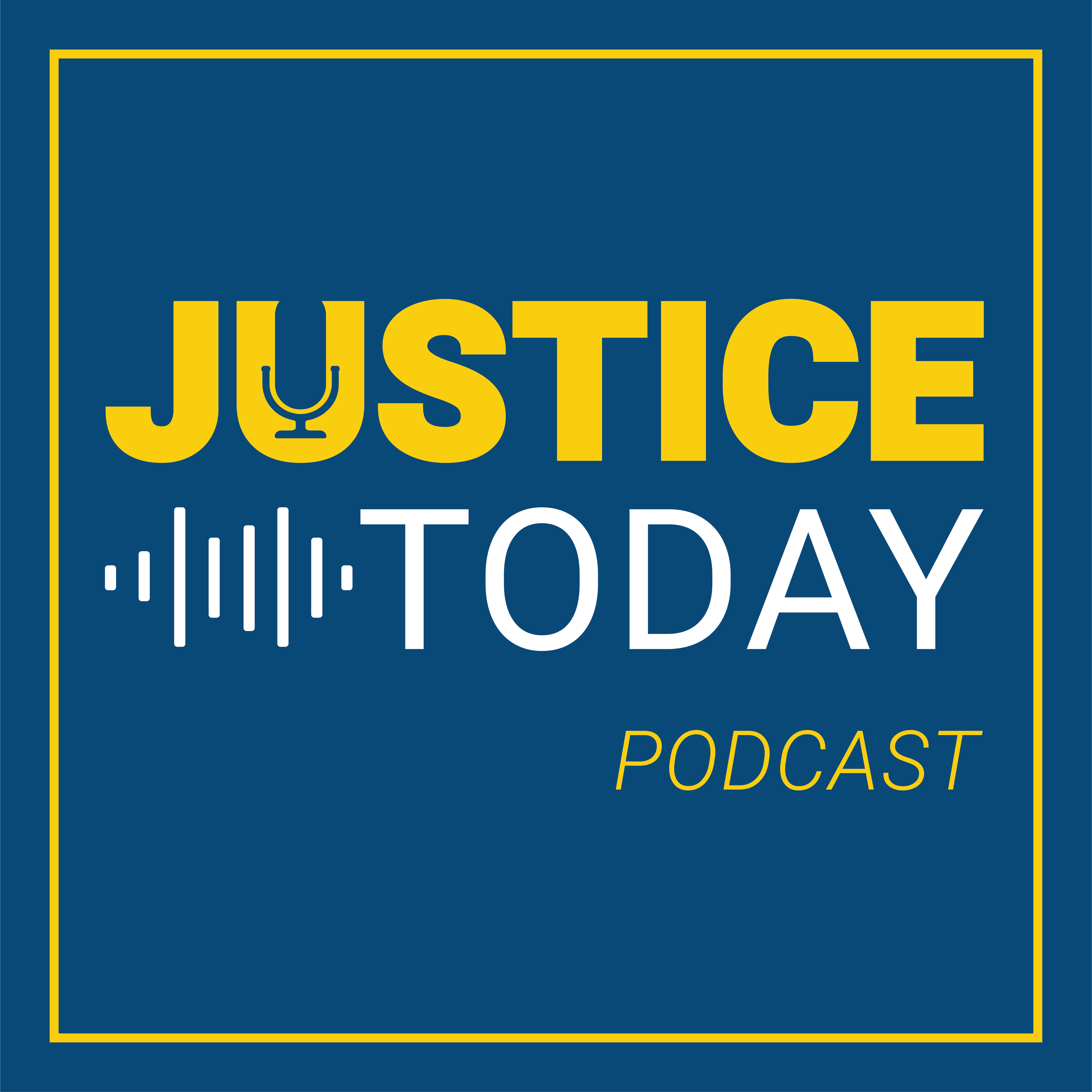Fellowship Programs
Schoolhouse interrogations and confessions: Perspectives from principals and students
Enhancing Equitable Forensic Identification: An Evaluation of Pelvic Morphology for Parity Detection and Age Estimation in Unidentified Skeletal Remains
A Combined Molecular Analysis of Pollen Utilizing Lipid Profiling & DNA Barcoding for Plant Species Identification: A Forensic Application
Fraud Narratives: The ecology of skepticism towards Latino immigrants
More than a 'McJob': Criminal records, education, and access to middle-skill jobs
Facility Exposure and Crime in New York City Streets: A Latent Profile Analysis Approach
Advancing New Psychoactive Substance Detection by Performance Comparison of High-Resolution Mass Spectrometry Techniques
American Association for the Advancement of Science (AAAS) Science & Technology Policy Fellowships 2024-25
Improving Programming in Juvenile Detention: The Impact of Project Safe Neighborhoods Youth Outreach Forums
Officers' and Community Members' Evaluations of Police-Civilian Interactions
Enhancing Corporate Crime Enforcement with Machine Learning—A Multidisciplinary Risk Factor Approach
Correctional Boundaries: Examining Punishment in Community; A Spatial Analysis of Probation in Chicago, Illinois
Factors Affecting the Validity of a Violence Risk Screening Tool with Psychiatric Inpatients
Neurofeedback Enhanced Trauma Treatment for Adolescents in Residential Treatment
Closing Cases Using Gunshot Residue
Not every crime scene will have definitive evidence, such as DNA, to link an individual to a crime. In those cases, law enforcement relies on other evidence to build the burden of proof. NIJ graduate research fellow Dr. Shelby Khandasammy developed a tool to analyze organic gunshot residue and distinguish between different firearms calibers and manufacturers. She joins Marie Garcia, office director for the Office of Criminal Justice Systems at NIJ, to talk about her work and experience as a research fellow.
Macro-Level Influences on Police Decision-Making and Engagement with Victims of Serious Violent Crime: A Narrative Case Study of Two States
SOCIAL CONSTRUCTION OF HATE CRIMES IN THE US: A FACTORIAL SURVEY EXPERIMENT
Mass Spectral and Chemometric Analysis for the Detection and Identification of Forensically Relevant Materials
Statistical Evaluation of Forensic DNA Sequence Profiles
Too Sensitive or Not Sensitive Enough? Sensitivity to Context and Justice-involved Youths' Response to Violence Exposure
SingFake: Singing Voice Deepfake Detection
Single Liquid Aerosol Microparticle Electrochemistry on a Suspended Ionic Liquid Film
Sequence-based Population Structure, Relatedness, and Inbreeding Estimates for Forensic Autosomal STR Markers
Webinar Transcript: FY 2024 NIJ Graduate Research Fellowship Program
Deadline notice
The deadline to submit an application under the solicitation discussed below has passed.
NIJ held a webinar on February 14, 2024, gave an overview of NIJ’s Graduate Research Fellowship opportunity, which invites applications for doctoral dissertation research that is relevant to preventing and controlling crime, advancing knowledge of victimization and effective victim services, or ensuring the fair and impartial administration...



